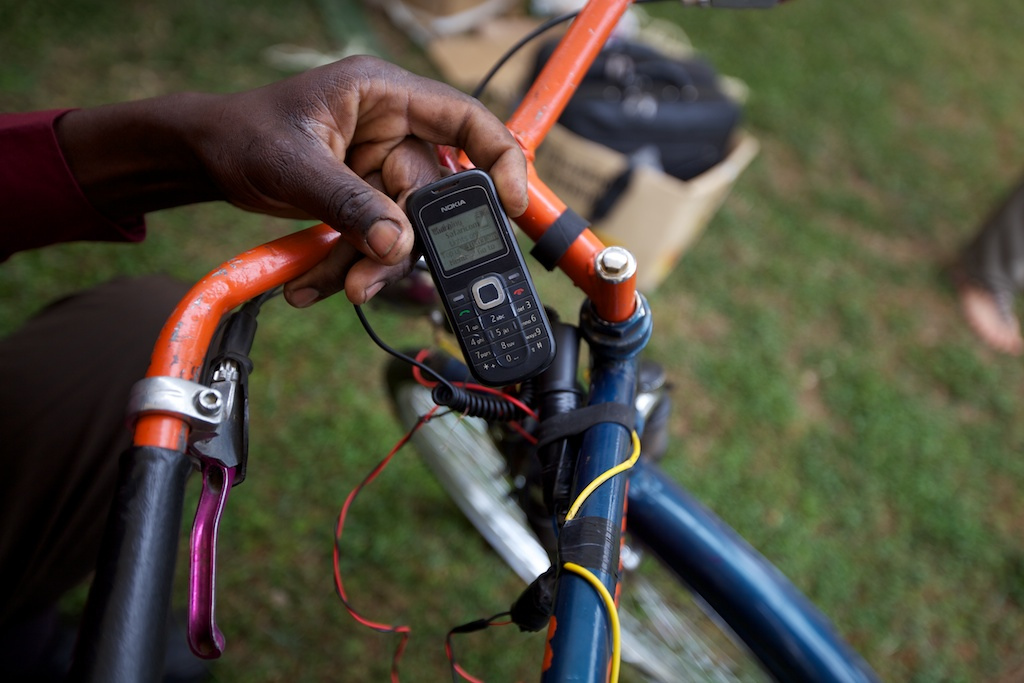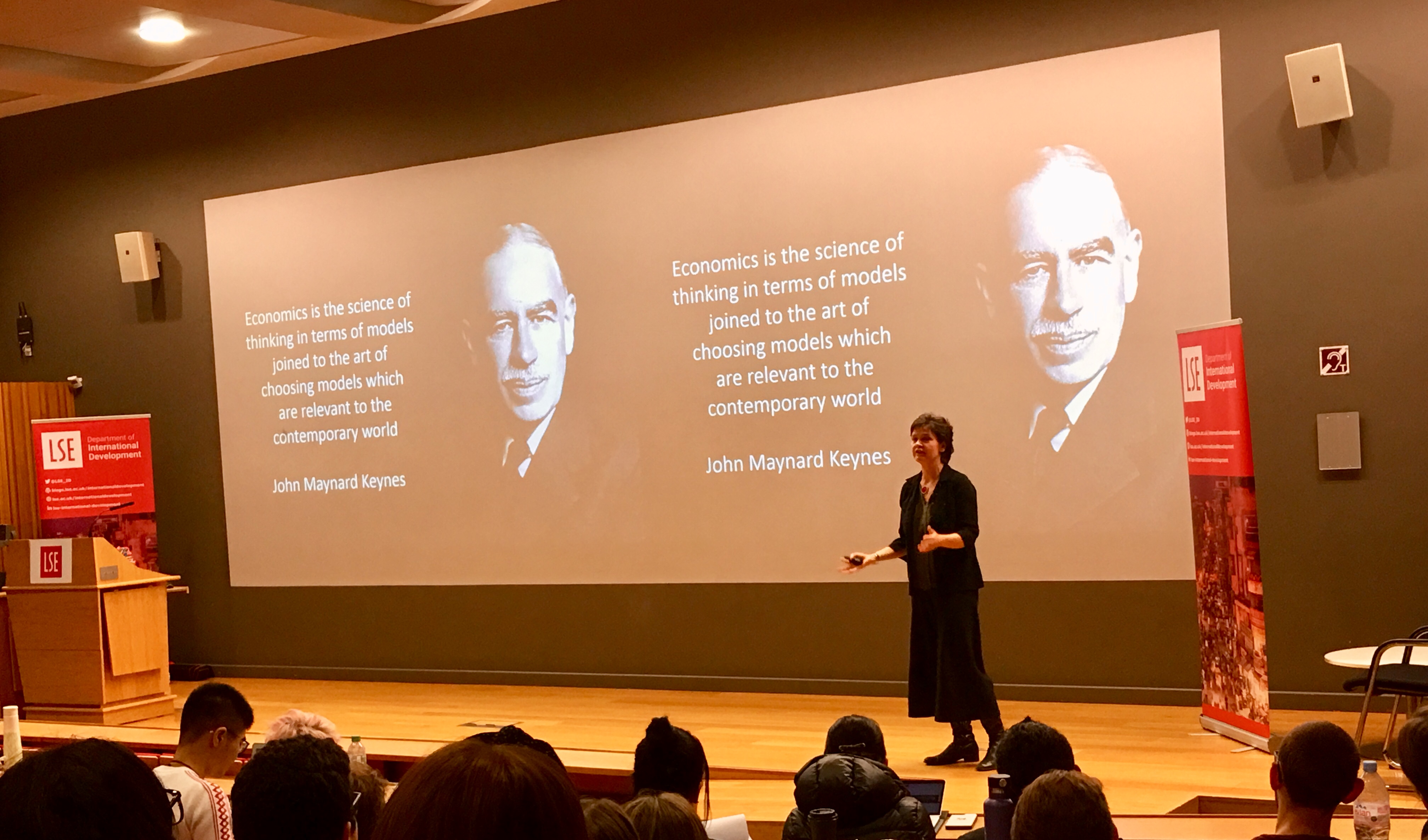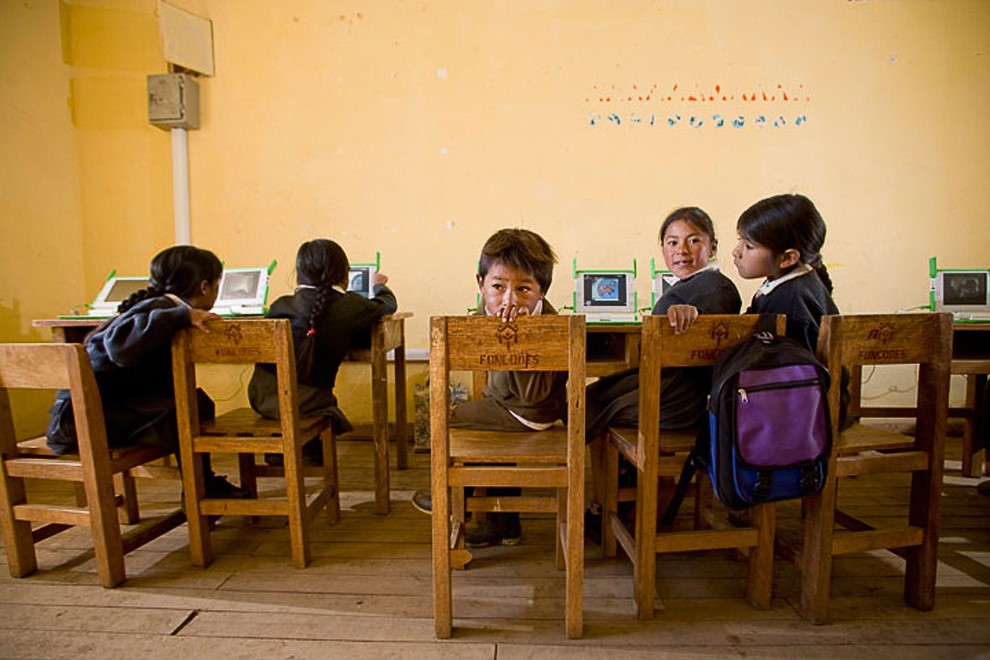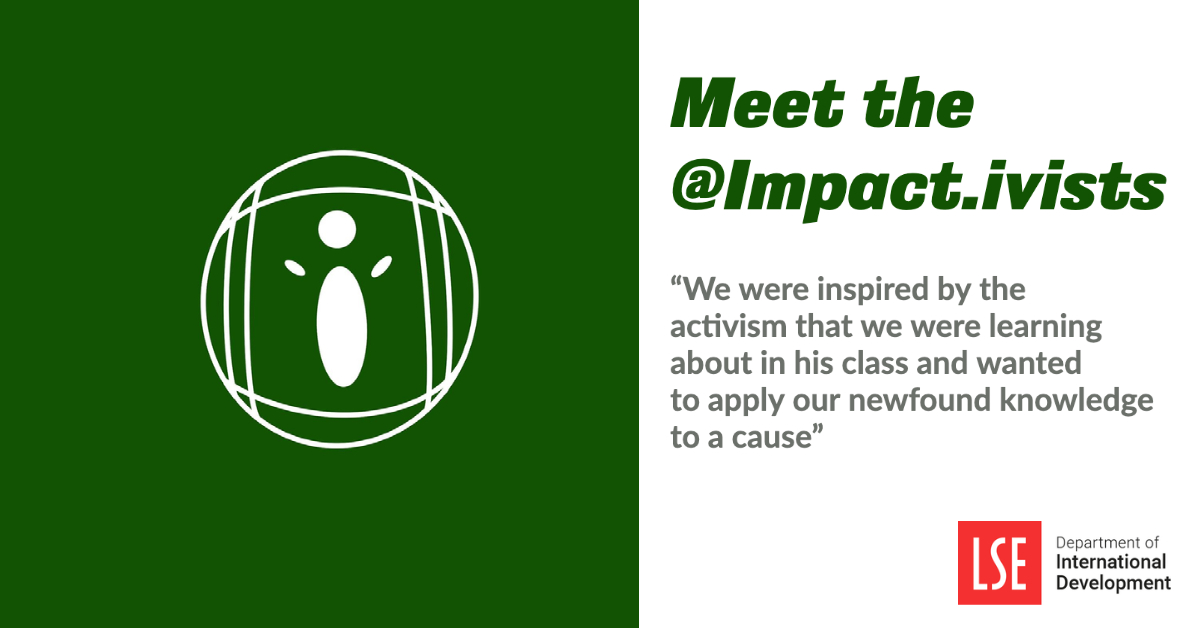Professor in Practice, Duncan Green used an icebreaker to get his Advocacy, Campaigning and Grassroots Activism students thinking about how to create change in their new environment. This was the outcome of the activity:
To get the brain juices of our record number of new LSE activism students flowing last week, we came up with an ‘ice breaker’, albeit on a very serious topic. Although LSE has a pretty comprehensive policy on sexual harassment and sexual violence, it does not currently publish the stats on reporting or resolution of cases. How could a campaign try and change that?
[and just to stress this was merely an ice breaker to get the students thinking about how to go about influencing a large institution: we chose this issue and the LSE because it’s something they can all relate to, even in week 1 of the course. No-one was making any allegations or accusations.]
Here’s the briefing we gave our students (source here):
- ‘62% of students in the UK experience sexual violence.
- Only 6% reported it to their universities.
- Only 2% per cent felt both comfortable reporting and were then satisfied with how the university handled their case.
- LSE was amongst the most mentioned UK universities on ‘Everyone’s Invited’.
- Last year the #HANDSOFFLSE campaign urged LSE to begin ‘Publishing annual reviews on LSE’s sexual violence support system’, including statistics on case handling.
Working in groups, discuss what you would do to get LSE to agree to this demand.’
The results were amazing. Here are some of their suggestions:
First analyse the problem: Start with the research – have other universities done better and if so why? ‘The LSE’ is too much of a monolith. Who within the LSE is responsible for deciding whether to publish the data? How do we find out why they haven’t agreed so far? Why are so few students reporting sexual violence? [definite value in doing a fishbone on both of these].
Think about messengers. Once you’ve determined the decision makers, find out who they will listen to. Suggestions included:
- Big donors (‘hit them where it hurts’)
- Alums
- Sympathetic and activist faculty (‘professor power’ e.g. feminists, gender studies)
What narratives might have most impact. The suggestions here were really good:
- Why is a globally-renowned research institution withholding data? (ouch)
- Carrots v sticks: carrots = ‘we are leaders/pioneers among UK universities and a world class institution; we want to showcase the things we do well’. Sticks = name and shame, you’re lagging behind other UK/London universities.
- For the public campaign, use personal testimonies, rather than just numbers and percentages. ‘You need to decide when to go emotional, when to go rational.’
Find and sustain allies: 12 month Masters students come and go – what allies can you identify to make the campaign endure? Major donors, administrators, alums and teaching staff all have the staying power that students lack.
Some bargaining might be possible: why not suggest a quid pro quo on the lecturers’ strike: we’ll support it if you support out demands for transparency?
As well as looking for insider allies and messengers, build a coalition for more public campaigning, eg with the network of student unions. Look for ‘power in numbers’.
Nothing About Us Without Us: Make sure you work with survivors on issues such as the use of language
Tactics
Students could collect and publish the numbers themselves – that could prod the university into following suit, because they wouldn’t want to lose control of the narrative.
Come up with practical suggestions: the current process for reporting cases is too complicated, involving filling in forms and multiple points of contact. A single (human) point of contact for each case would be much better.
Race to the top: When deciding where to apply, some of the students had considered the issue but came away with the impression ‘they’re all not great’. A league table on this, published with other student unions, using a common methodology, would give them much better information and make this more of a deciding factor. Any university would want to be at or near the top such a table.
Work with existing organizations where you can (eg student unions), but be open to setting up something new if you have to.
Traditional Media. Hashtag campaigns are all very well when trying to build student numbers, but you need to ‘target publications the professors read’. A well-placed letter or article in the FT might well have more impact on management.
Timing: when to campaign, go to the press etc. Freshers’ Week is a good time (lots of movement among students, chance to recruit etc)
Positive Deviance: try and identify some members of the 2% of students who reported and were satisfied with the response. What are their suggestions? (UN Women did some nice work along these lines on domestic violence in Moldova)
Use the law: what are the legal obligations on universities? Might they be in breach?
It’s really very hard to improve on this list (but feel free to spot gaps). That suggests, as with our conversations with the senior aid people in the GELI influencing course, that we are largely encouraging peer-to-peer exchange (none of them had all the answers – this is a skim of the best responses) and systematizing/giving names to what people already know and do. But to find this in a group of 20-somethings is even more impressive than in aid people with decades of experience. Bravo.
And in case this post has affected you, here are some links:
- Equity, Diversion and Inclusion at LSE
- Reporting an Incident
- I’ve experienced harassment or bullying: what you can do
- LSE Policies, Procedures and Guidance
- Consent.Ed (required for all LSE undergraduates)
The views expressed in this post are those of the author and in no way reflect those of the International Development LSE blog or the London School of Economics and Political Science.
This article was first published in From Poverty To Power.
Image: Illustration by Naomi Ushiyama; Indypendent / Creative Commons





